Although there is no cure for ulcerative colitis, the aim of the treatment is to help the people regulate their immune system better. Ulcerative colitis can affect a person’s quality of life. A combination of treatment modalities can help in reducing the flare-ups and controlling the symptoms.
Medication
Medications prescribed for the treatment of ulcerative colitis work by reducing inflammation of the colon and letting the tissues heal naturally. Other symptoms like frequent bowel movements, pain, and bleeding can also be suppressed with medications. The medicines can help in reducing the number of flare-ups which will give time to the intestine to heal naturally. The medications not only induce and maintain remission but also help in improving the quality of the life in these people.
These medications include:
- Aminosalicylates
These are medications which help in controlling inflammation. They are prescribed to people with mild to moderate symptoms. Aminosalicylates are oral medications and are well tolerated.
- Corticosteroids
Corticosteroids work by reducing the activity of the immune system and reducing inflammation. These are usually prescribed to people with severe symptoms. They are meant for long-term use and can have a few side-effects like acne, weight gain, and mood swings.
- Immuno-modulators
These are only prescribed to people who do not respond to any other form of medication. Immuno-modulators suppress the immune system and reduce inflammation. These medications come with an added risk of infection and slightly increased risk of skin cancers. Hence, these can only be taken after proper medical consultation.
- Biologics
Biologics also target the immune system and suppress its activity in order to reduce inflammation.
Medications may be administered depending upon the area of the large intestine in which the symptoms are occurring. The medications may be administered as:
- Enema (by flushing liquid medication into the rectum).
- Rectal foam.
- Suppository (inserting a solid and dissolvable medication into the rectum).
- IV or intravenous (administration through the veins).
- Some medications can be taken orally as well.
Combination therapy
Simultaneous use of two therapies to get effective results and manage the symptoms better is known as a combination therapy. However, a combination therapy is not widely prescribed since it has a few associated side-effects and could also reduce the effectiveness of the previous medications.
Surgery
- People in whom the drug therapy is showing no improvement and complications have started, surgery may be recommended. Surgery involves removing the entire colon including the rectum to get rid of the symptoms entirely. There are different kinds of surgery for ulcerative colitis. The first one involves the removal of the entire colon and the rectum, along with, the creation of an opening on the abdomen through which the wastes are emptied into a pouch. This pouch is attached to the abdominal skin using an adhesive.
- The other surgical option also removes the colon but involves the creation of an internal pouch which is attached to the anal sphincter muscle. Recovery from both the procedures can take 4-6 weeks.
Lifestyle management
Nutrition is important in the management of ulcerative colitis. Changes in the diet can help in managing the symptoms and reducing the flare-ups as well. Some recommended dietary changes include:
- Avoiding sodas and carbonated beverages.
- Consuming more fluids such as water and fruit juices.
- Avoiding high fibre foods such as nuts and vegetable skins.
- Avoiding spicy food.
- Avoiding regular painkillers.
- Eating small meals throughout the day instead of large meals.
In case of poor absorption of nutrients from the intestine, there are a few supplements which one can take after consulting the doctor. Depending on the symptoms, the following dietary recommendations may be made:
- Low-salt diet.
- Low-fibre diet.
- Low-fat diet.
- Lactose-free diet.
- High-calorie diet.
It is very important to maintain a healthy diet, which has been planned according to a person’s symptoms. Hence, it is necessary to consult the doctor regarding the foods one must or must not consume.
It is recommended that a person with ulcerative colitis must undergo a colonoscopy every one to three years (once a year or once every 3 years, as recommended by the doctor).

 Doctors for Ulcerative Colitis
Doctors for Ulcerative Colitis  OTC Medicines for Ulcerative Colitis
OTC Medicines for Ulcerative Colitis
 Ulcerative Colitis articles
Ulcerative Colitis articles
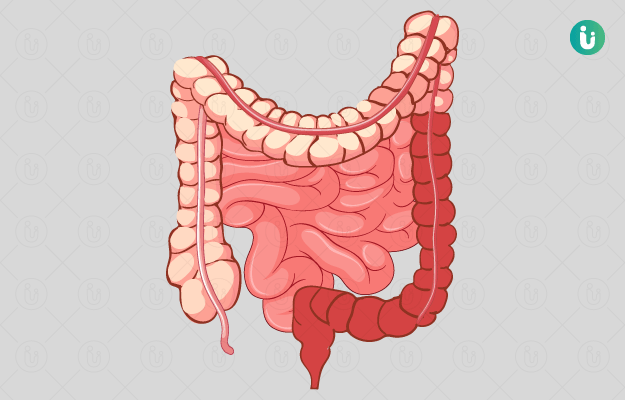
 Ayurvedic Treatment of Ulcerative Colitis
Ayurvedic Treatment of Ulcerative Colitis
 Diet for Ulcerative Colitis
Diet for Ulcerative Colitis
 Home Remedies for Ulcerative Colitis
Home Remedies for Ulcerative Colitis
 Homeopathic Treatment of Ulcerative Colitis
Homeopathic Treatment of Ulcerative Colitis

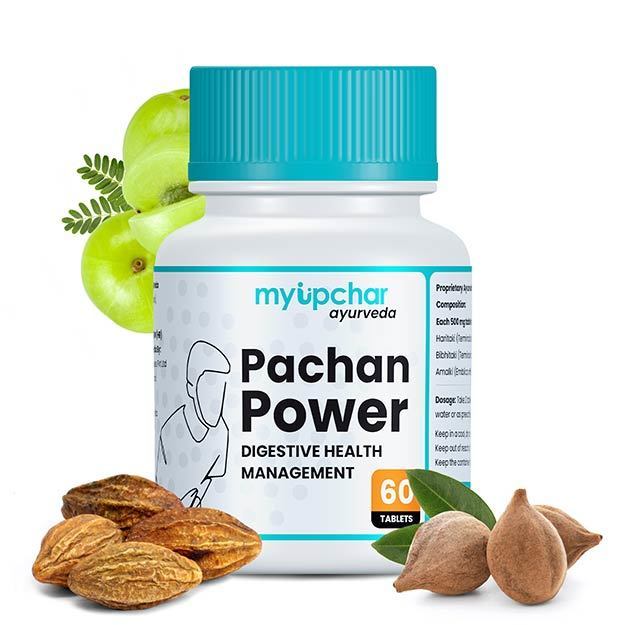

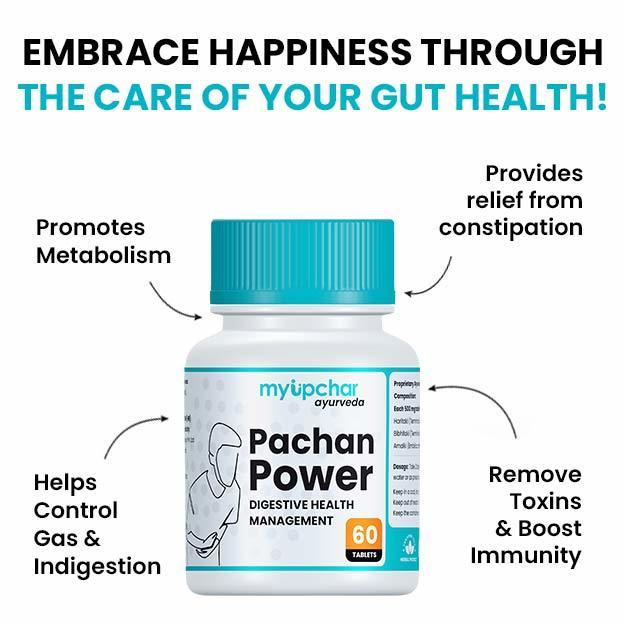

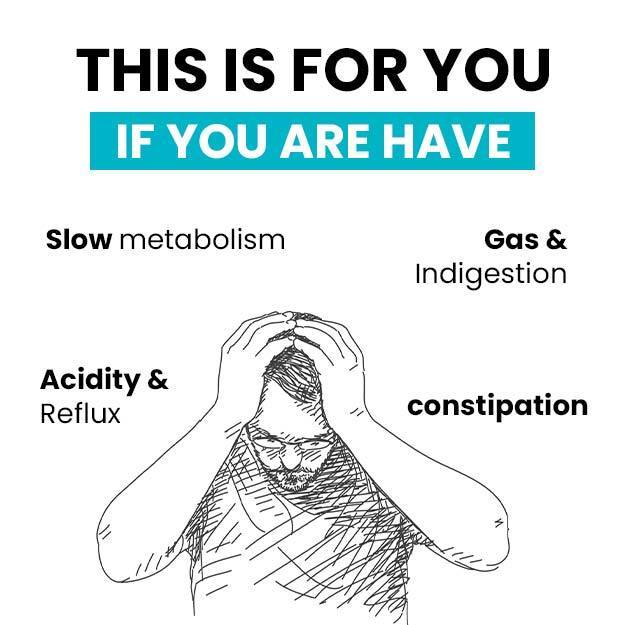
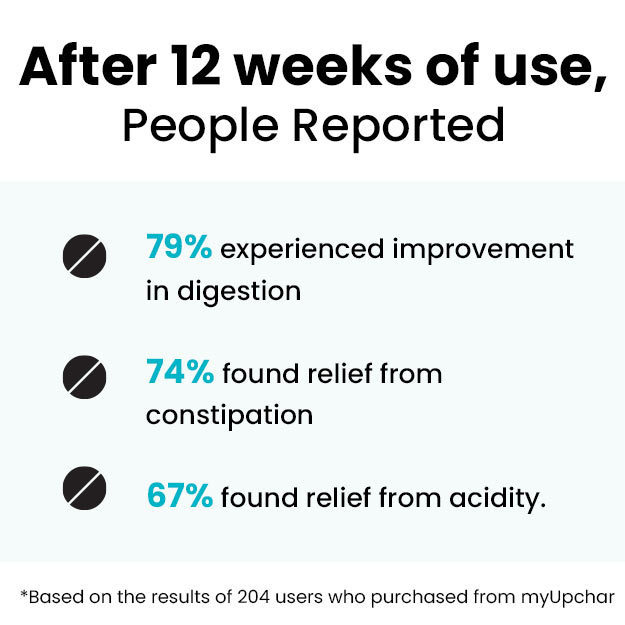
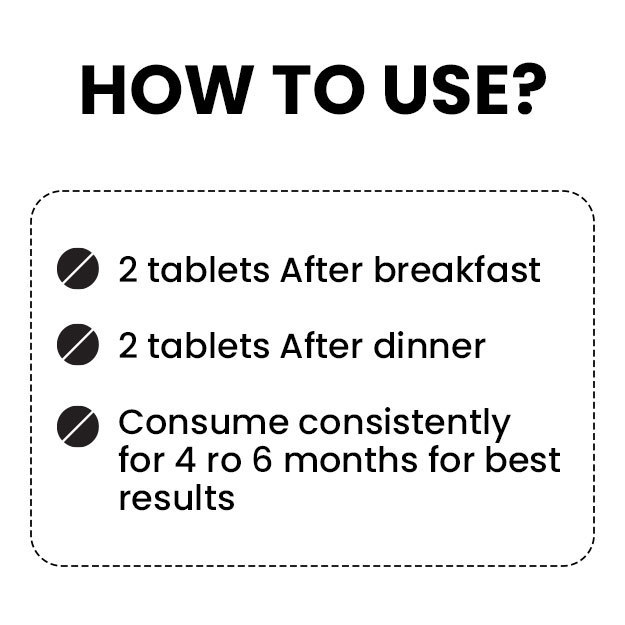
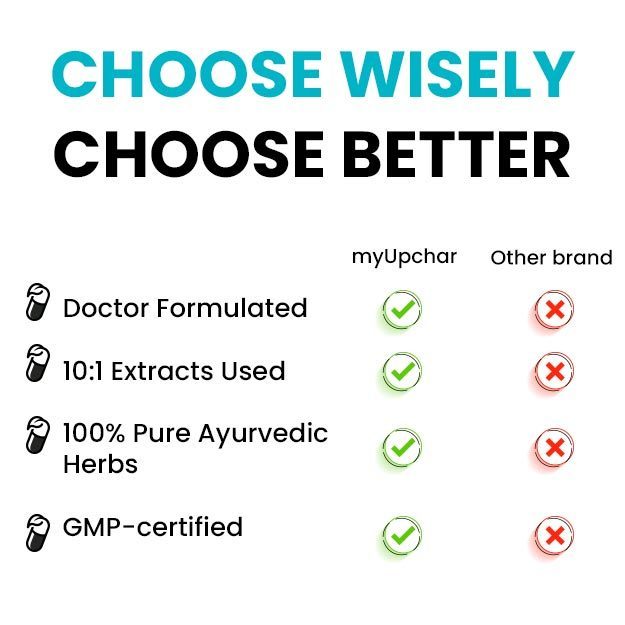







 Editorial Team
Editorial Team




 Dr. Rachita Narsaria
Dr. Rachita Narsaria











